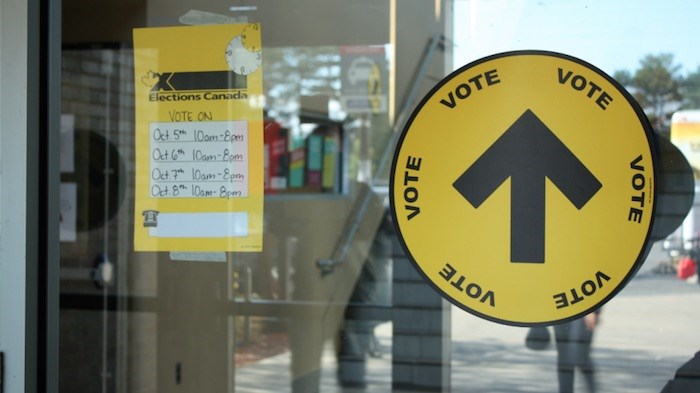 Photo via Elections Canada
Photo via Elections Canada
Have political parties been busy collecting personal info on you like your social media accounts, religion, ethnicity or address?
Vancouver-based online advocacy group OpenMedia is launching a tool amidst the federal election campaign to make it easier to find out what political parties know about individuals.
°Őłó±đĚý tool allows Canadians to make requests directly to political parties and select from criteria covering identity information, other information (gender, age, etc.), party participation data, financial information, voting information and social media information.
OpenMedia said the list of requests is meant to be exhaustive and that the parties may not retain some of the items in question, which may include phone numbers, email addresses, marital status and job title, among others.
While there is no federal legislation requiring that political parties disclose what they know about individual voters, B.C.’s own privacy laws mandate that parties must be transparent with this information.
“Political parties hold vast amounts of highly personal data about people in Canada, but there are few safeguards and no transparency about what information they have about us, and what they’re doing with it,” OpenMedia executive director Laura Tribe said in a statement.
“We launched this tool to help level the playing field and put power back in the hands of voters, so people can demand the accountability they deserve. We have a right to know what information the parties have about us.”
Requests can be made to the Bloc Québécois, Conservative Party of Canada, Green Party of Canada, Liberal Party of Canada, the NDP, and the People’s Party of Canada.
The MyPoliticalData tool is based on a tool created by advocacy group Open Effect and the Citizen Lab at the Munk School of Global Affairs and Public Policy.


